National
With first case of local transmission, window to prevent a mass outbreak is fast closing, public health experts say
As Nepal enters stage 2 of the pandemic, Saturday’s three new cases have brought the total number of cases reported in the country to nine.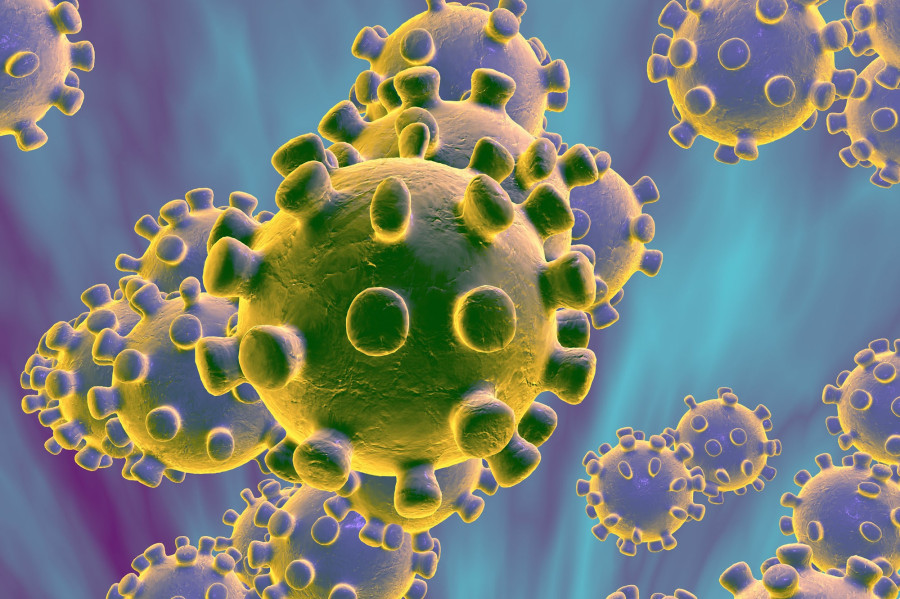
Arjun Poudel
The Health Ministry on Saturday confirmed three more cases of Covid-19, taking the total number of coronavirus cases identified in the country to nine.
According to the ministry, the three patients are a 21-year-old man from Kailali who had recently returned from Mumbai; a 41-year-old man from Kanchanpur who returned from Uttarakhand of India; and a 34-year-old woman from Kailali, a relative of a person who had earlier tested positive for the disease.
According to an official at the Sudurpaschim Provincial Health Directorate, the 34-year-old woman is the sister-in-law of the 34-year-old man who had returned from the United Arab Emirates and tested positive for Covid-19. This marks the first instance of the local transmission of the disease, said the Health Ministry.
With local transmission, Nepal has now officially entered stage 2 of the pandemic, which public health experts call “a very disturbing and dangerous” phase that they hoped Nepal would not enter.
“The one case of local transmission could be the tiniest piece of the tip of the iceberg,” Dr Baburam Marasini, former director of the Epidemiology and Disease Control Division, told the Post. “The window is rapidly closing. It will be impossible to control simultaneous outbreaks in many places. Thousands of people from countries with outbreaks have returned to Nepal and some infected people might definitely have already passed the coronavirus to others.”
Before Nepal went into a lockdown, cancelling all international flights and closing the border, thousands of Nepalis, and even some foreigners, had continued to enter Nepal from countries with active Covid-19 cases. Most of them were not placed in quarantine and doctors do not believe that a majority are quarantining themselves.
“If we fail to contain this stage, we will enter the third stage—community transmission— which will be devastating,” said Marasini. “Then the situation enters an epidemic stage, in which transmission gets out of control and the disease has no clear end.”
The World Health Organization has been urging countries around the globe to isolate, treat and trace, while testing all suspects, especially those who’ve returned from abroad.
The government, however, has not been carrying out enough tests, say doctors. Many who have visited the Sukraraj Tropical and Infectious Disease Hospital in Teku looking for tests have been turned away for not presenting enough symptoms. So far, according to the Health Ministry, 1,521 tests have been carried out, a miniscule number in a country of 30 million people. Doctors at the hospital themselves believe that more tests need to be carried but they are tied down by the government’s instructions.
“We should forget symptoms, as asymptomatic patients can pass the virus to many,” a doctor at the Sukraraj Hospital told the Post on condition of anonymity. “Local transmission means the level of risk has increased. Time is running out very fast and we need to act immediately to mitigate the risk.”
Doctors and public health experts believe that the government has not realised the gravity of the situation and is still treating the pandemic flippantly. In the past few days, controversy after controversy has dogged the government, with the Health Ministry pulled into a corruption scandal over procurement of medical equipment from China.
On Thursday, in an interview with Naya Patrika, Defence Minister Ishwar Pokhrel, who leads the high-level coordination committee to control Covid-19, appeared largely unaware of the magnitude of the outbreak and was cavalier in his answers to pressing questions.
“We are still not taking the issue seriously and diverting public attention to other things,” said Dr Mingmar Gyelzen Sherpa, a former director-general of the Department of Health Services. “We will not be able to control things if we let the disease spread in the community.”
According to Sherpa, there are numerous examples from across the world to study and learn from, including the mistakes that the governments of the European Union and the United States have made.
“The ongoing lockdown needs to be prolonged and all areas where local transmission was reported need to be sealed,” said Sherpa. “And we need to test all suspected cases to lessen the risk of an outbreak in the community.”




 13.12°C Kathmandu
13.12°C Kathmandu



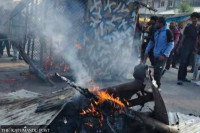
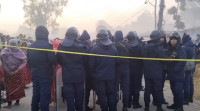
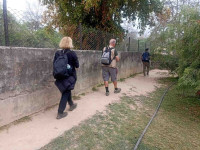


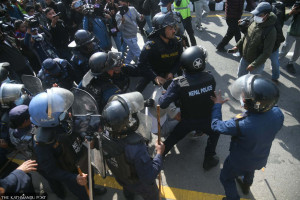
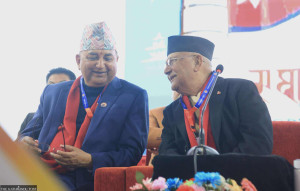



%20(1).jpg&w=300&height=200)

